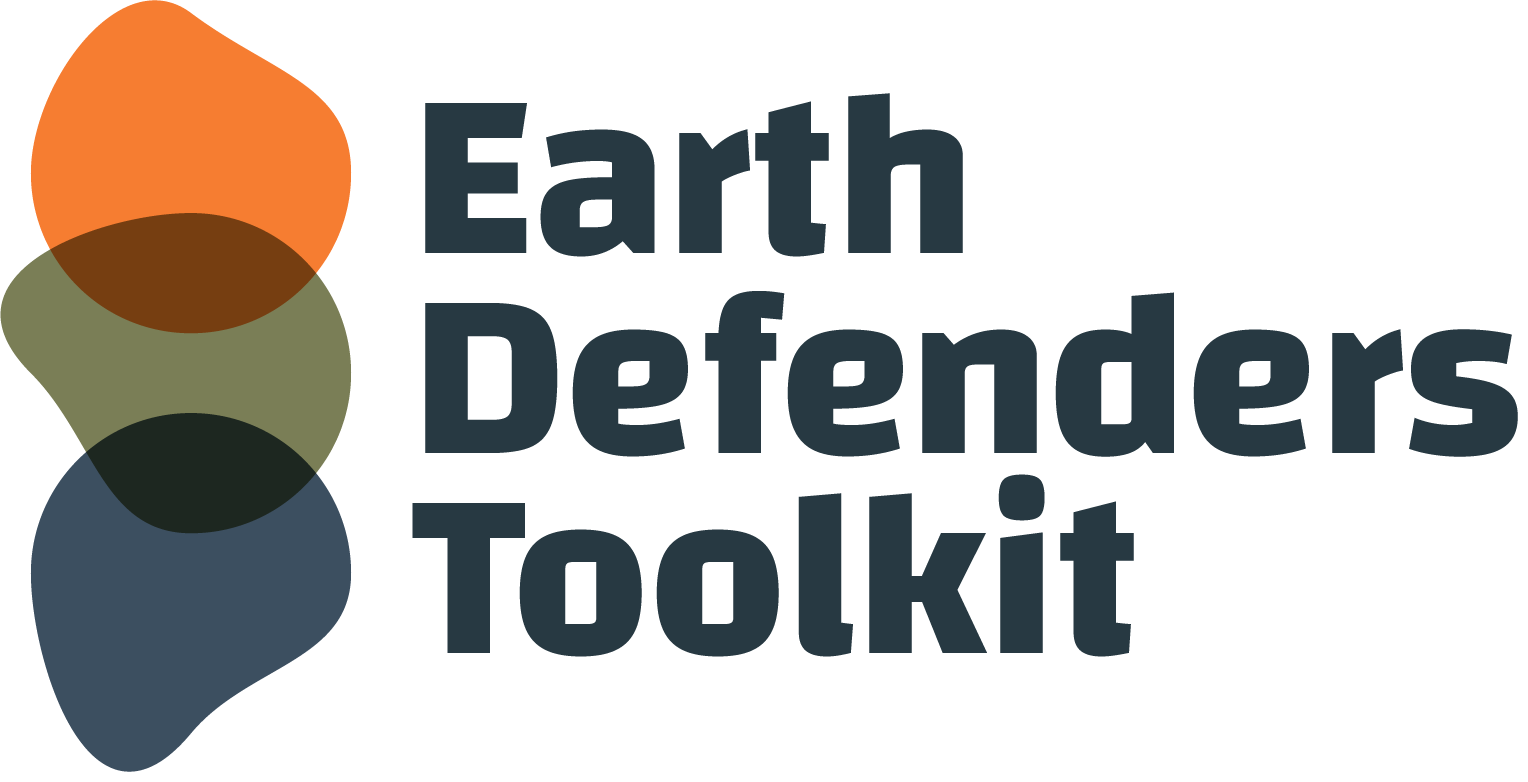Habari za asubuh, Hello everyone, Olá tod@s,
illegal wildlife trade (IWT) is a cross-border issue that plagues all of the territories we are defending. Solutions to the poaching and IWT crisis must support and include indigenous peoples and local communities, must be grounded in local context and local evidence, and must be owned and driven by local people.
Some community groups and earth defenders are developing a mechanism for reporting these environmental crimes, in order to create where permitted and required forensic evidences to be filed at the local court. But so is writing stories, building collective knowledge, questioning one’s relationship with wildlife, and many other benefits.
What tools could be used to facilitate these operations (report environmental crimes in particular), considering for example that the information collected is sensitive, fieldwork safety issues, enable online or local/offline control of data, and so on.
In solidarity
